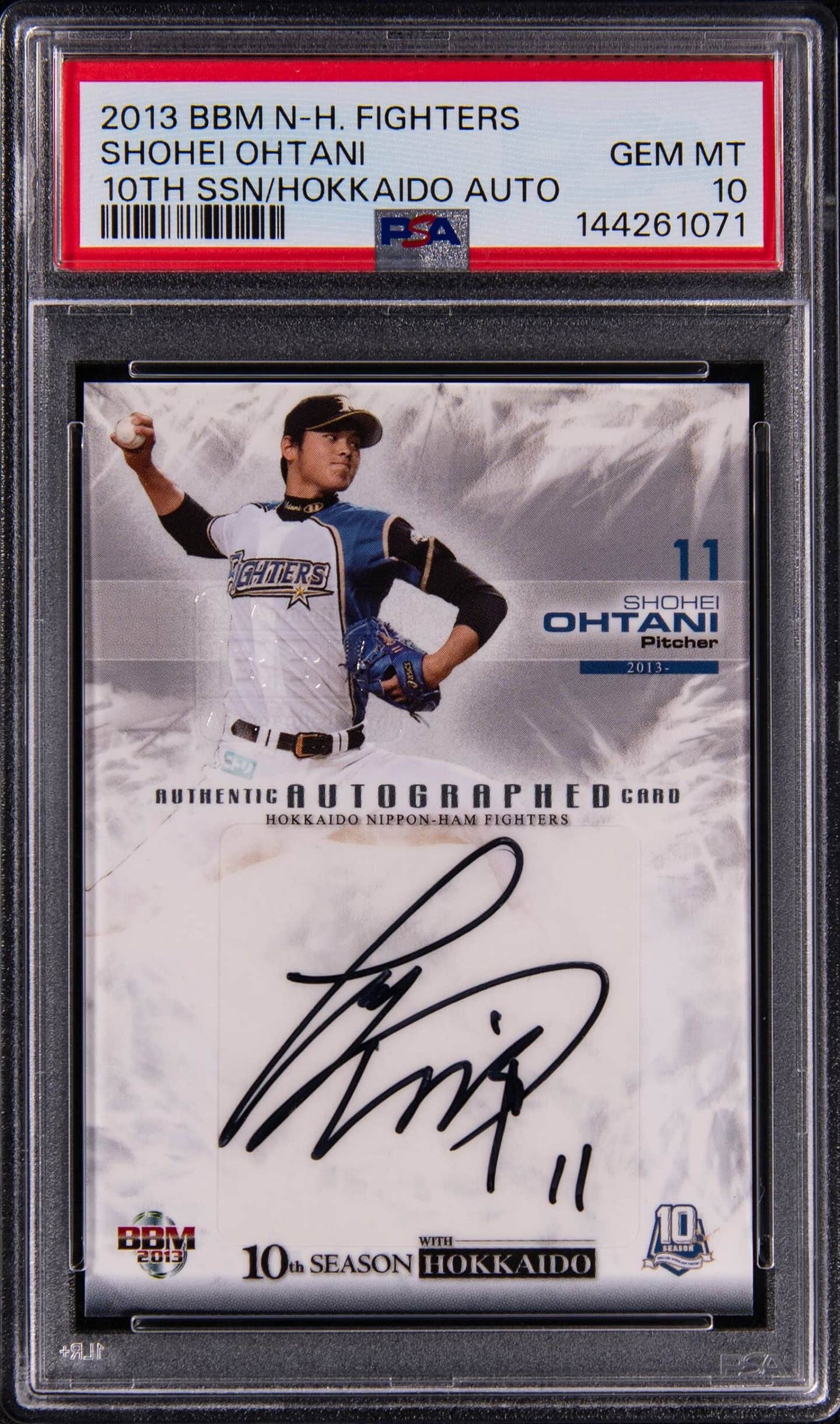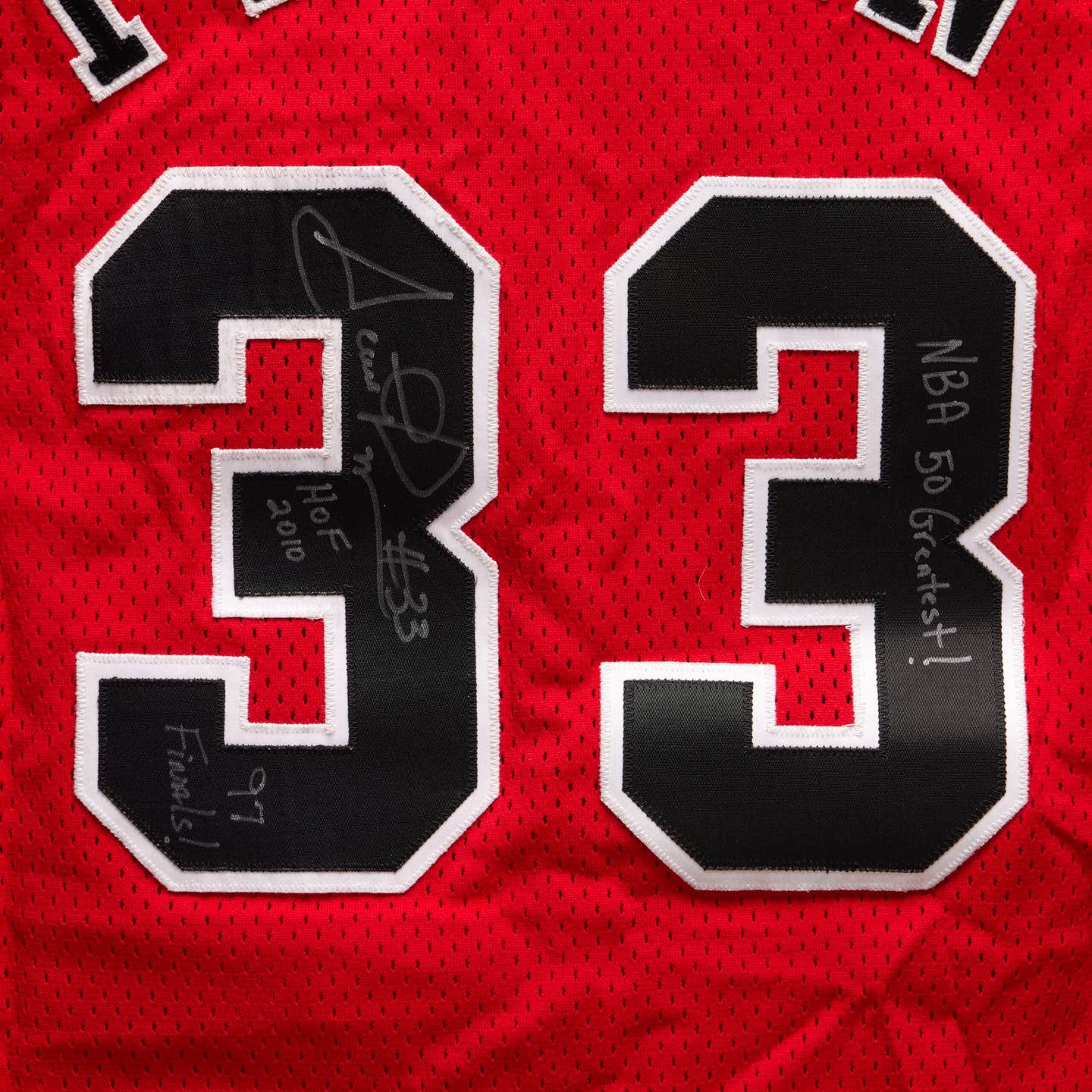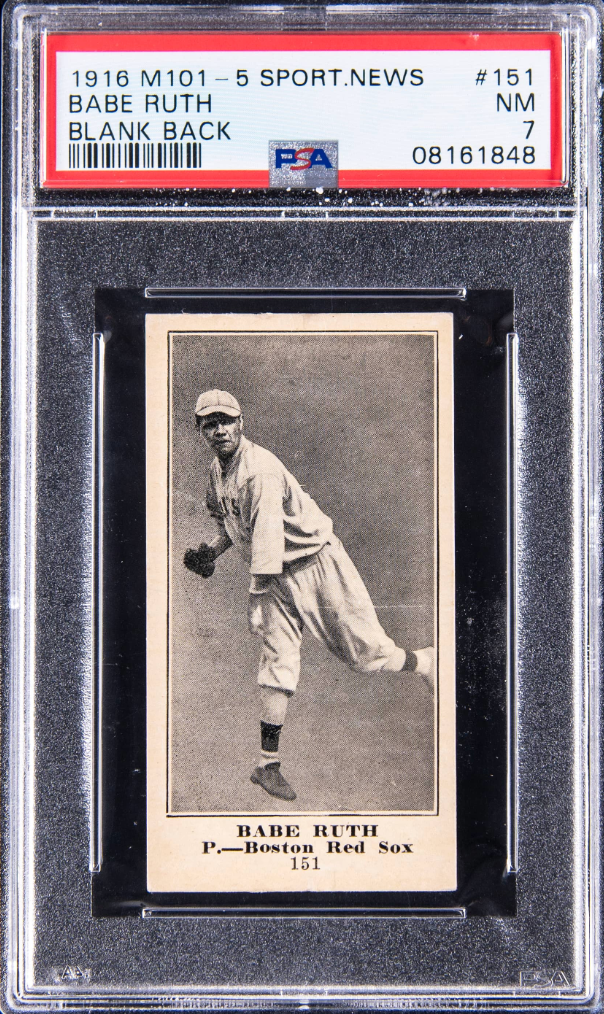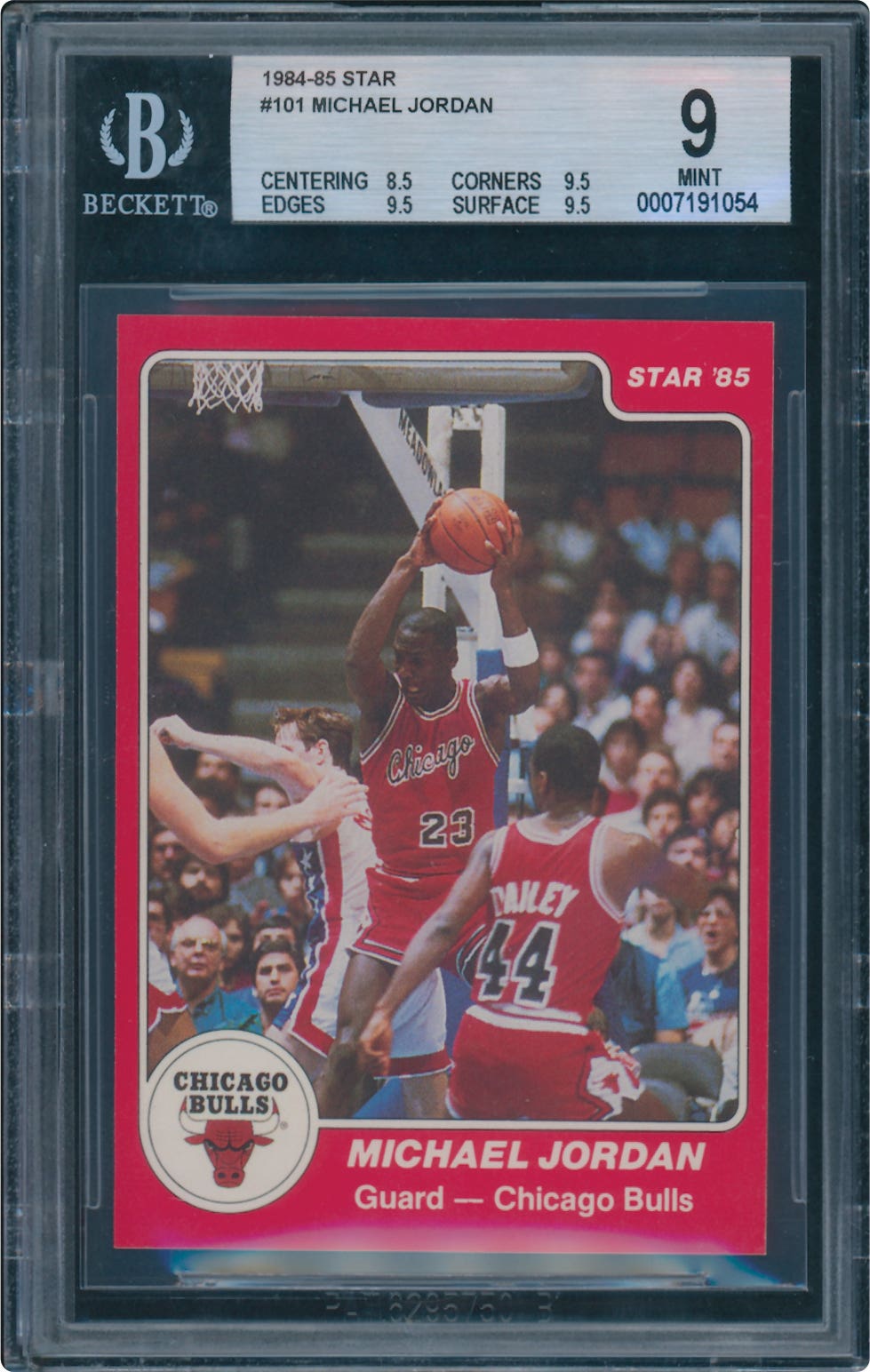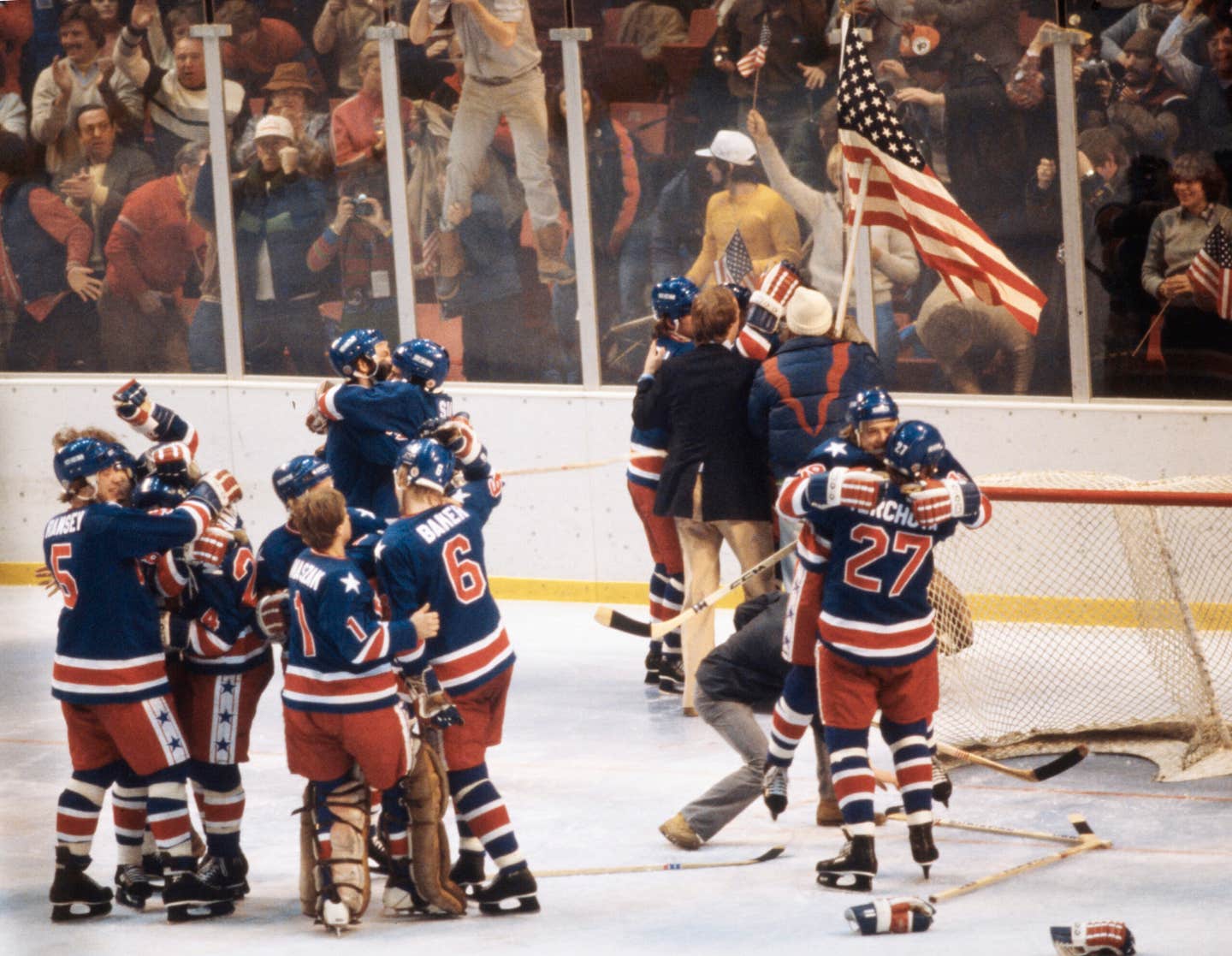Auctions
SCD columnist takes a behind the scenes look at Heritage Auctions
By David Moriah
In the crowded pond of auction companies that deal in sports memorabilia, Dallas-based Heritage Auctions is arguably the biggest fish.
Heritage claims that $56 million passed through its sports auctions last year, about twice the volume of any other auction house trafficking in the stuff that makes Sports Collectors Digest readers drool.
If you need an example of “drooling material” look no farther than Heritage’s November auction that recently concluded and was highlighted by the only known game-worn jersey from Jackie Robinson’s 1947 rookie season. The Brooklyn home jersey is accompanied by a letter from his widow, Rachel Robinson, who penned this message, “This 1947 home uniform was brought home by my husband Jackie Robinson at the end of his first major league season.”
Wow! In addition to Mrs. Robinson’s testimony, Heritage relied upon authentication by MEARS (Memorabilia Evaluation and Research Services), a company specializing in confirming authenticity of uniforms and other game-used equipment. MEARS matches items such as the Robinson jersey with contemporaneous photographs and other resources to establish the authenticity of an item.
As a result, Heritage issued a pre-sale estimate of $3 million for this incredible treasure, important both in sports memorabilia and also as an artifact of American history. The jersey wound up selling for $2.05 million.
Robinson’s crossing of the color line in baseball transcended sports and had profound significance in the American civil rights movement.
Heritage is no stranger to bringing incredibly rare and valuable items to the collecting community. Its promotional catalog boasts a deep lineup of items from all sports under the heading “World-Record Prices Realized.”
Items include:
• World record for a post-war baseball card, 1952 Topps Mantle, $1,135,250
• World record for a basketball card, 1969 Topps Lew Alcindor, $501,900
• World record for a single-signed baseball, Babe Ruth, $388,375
• World record for a dual-signed baseball, Joe DiMaggio and Marilyn Monroe, $191,200
Robinson’s Dodgers 1947 flannel shirt was part of a dazzling 73-lot sub-set from an anonymous collector. The collector appeared to have spent a long life collecting only the finest items from the biggest names in sports. A few examples included:
• Muhammad Ali’s championship fight worn and signed shoes.
• Joe Namath’s game-worn and scuffed cleats from the 1969 New York Jets Super Bowl season, autographed.
• Michael Jordan’s game-worn Air Jordan I signed sneakers.
• Wayne Gretzky’s game-worn Edmonton Oilers gloves.
• A huge pair of flannel pants worn by the Babe in an exhibition game in Cooperstown at the opening of the Hall of Fame.
The treasures in the special catalog titled “Heroes of Sport” were the sole attraction on the final day of the four-day auction of almost 4,000 lots from Nov. 16-19. (For final selling prices see HA.com.)
While the auction was live, Heritage dropped into New York to showcase its premier items for an appointments-only showing to potential bidders. This SCD correspondent arranged a viewing and some time with Mike Provenzale, the Sports Operations Supervisor & Auctioneer at Heritage for a look behind the scenes of a big time auction house.
Provenzale painted a picture of an industry that’s economically healthy and growing, at least for high quality memorabilia of classic superstars. Ironically, business picked up during the Great Recession as investors were burned by stocks and bonds, but noticed top shelf memorabilia consistently held its value, and often grew in value.
“Baseball is still king,” Provenzale said. “Seventy percent of what we sell is baseball, and within that 70 percent is related to the New York Yankees.”
The lineage of Ruth, Gehrig, DiMaggio, Mantle and now Jeter has consistently sold well, and at ever-increasing price points.
“But the Babe is the gold standard,” Provenzale said.
In the world of sports cards, Provenzale sees pre-1980 Hall of Fame rookie cards to be the king of the mountain, with the exception of the Michael Jordan 1986-87 Fleer rookie card which commands big bucks.
True rarity also brings top dollar. In 2015 Heritage collected on a winning bid of $179,250 for a photo of Shoeless Joe Jackson, signed in crisp, clear ink by the notoriously illiterate Black Sox legend. Though Jackson learned to write only his name through practice and memorization for signing official documents, this is the only known signed baseball photo as Jackson regularly refused to sign autographs for fans.
Heritage was established in 1976, and sports memorabilia is only one of 39 departments including coins, comics, historical, art and antiquities, and even fine wines. In this mix coins are king, turning over $650 million in sales in a nearly $100 billion operation. Sports memorabilia’s $56 million pales in comparison but makes it the second largest division of the auction behemoth’s business.
Heritage conducts quarterly sales of sports items and collects its commission in both directions of the sale. They take 15 percent of the sale from the seller when items are hammered down for $1,000 or more, and 20 percent of the sale from the buyer. Thus, you can determine its revenue by simply calculating the amount that’s slightly more than one-third of total sales.
For that hefty rate of return Heritage employs a small army of staff doing everything from procuring items from sellers all the way to packing and shipping them to winning bidders. For sports memorabilia they employ several consignment managers who prowl the country for the good stuff, authenticators both in-house and out-sourced to companies like MEARS, SPG and James Spence, marketing and production people for both print catalogs and internet display, and four “catalogers” who write the persuasive copy that accompanies the photos and nudges people to submit a bid.
I asked how many print catalogs are still being mailed and was surprised to learn about 8,000 of the lavish and weighty tomes are mailed each quarter. Heritage uses a formula for recipients of print catalogs that includes all consignors, winners from their most recent auction, people who placed a large number of bids and targeted audiences such as art collectors if significant artwork is included in the sports auction. Catalogs are also for sale to anyone for $50.
Provenzale explained that the company’s philosophy is to educate collectors on the value of their collections, thus making it more likely they will become consigners when the time comes to let go of an item or an entire collection. To that end, Heritage maintains an open archive of all items ever sold with full information on that item and the sale. By accessing that information you can get a good sense of what prized items in your collection might be worth.
To date there are descriptions of 170,002 sports items in the database, easily searchable by plugging in a name or item description. The name “Mickey Mantle” pulled up 8,079 sold items, each with a one-click link to either “buy it now” if the owner chose to place a price on it, or “make owner an offer” for owners more reluctant to part with their treasure.
Heritage also offers an absolutely free, no obligation appraisal service of items in your collection. You can upload a photograph of your material and send for a quick appraisal that usually arrives within five days. Information on that and many other aspects of their business can be found on their “Frequently Asked Questions” web page at https://sports.ha.com/c/ref/faq.zx?ic14=Acquisitions-WantAnswers-FAQ-032117.
As a reward for poring over all the behind-the-scenes details of a major sports memorabilia auction house the good folks at Heritage broke open the box and let me hold the crown jewel of the upcoming auction - the actual jersey that draped the shoulders of one of the greatest figures in the history of baseball: Jackie Robinson.
This SCD correspondent went home with a smile.
David Moriah is a freelance contributor to Sports Collectors Digest. He can be reached at dmoriah@aol.com.




